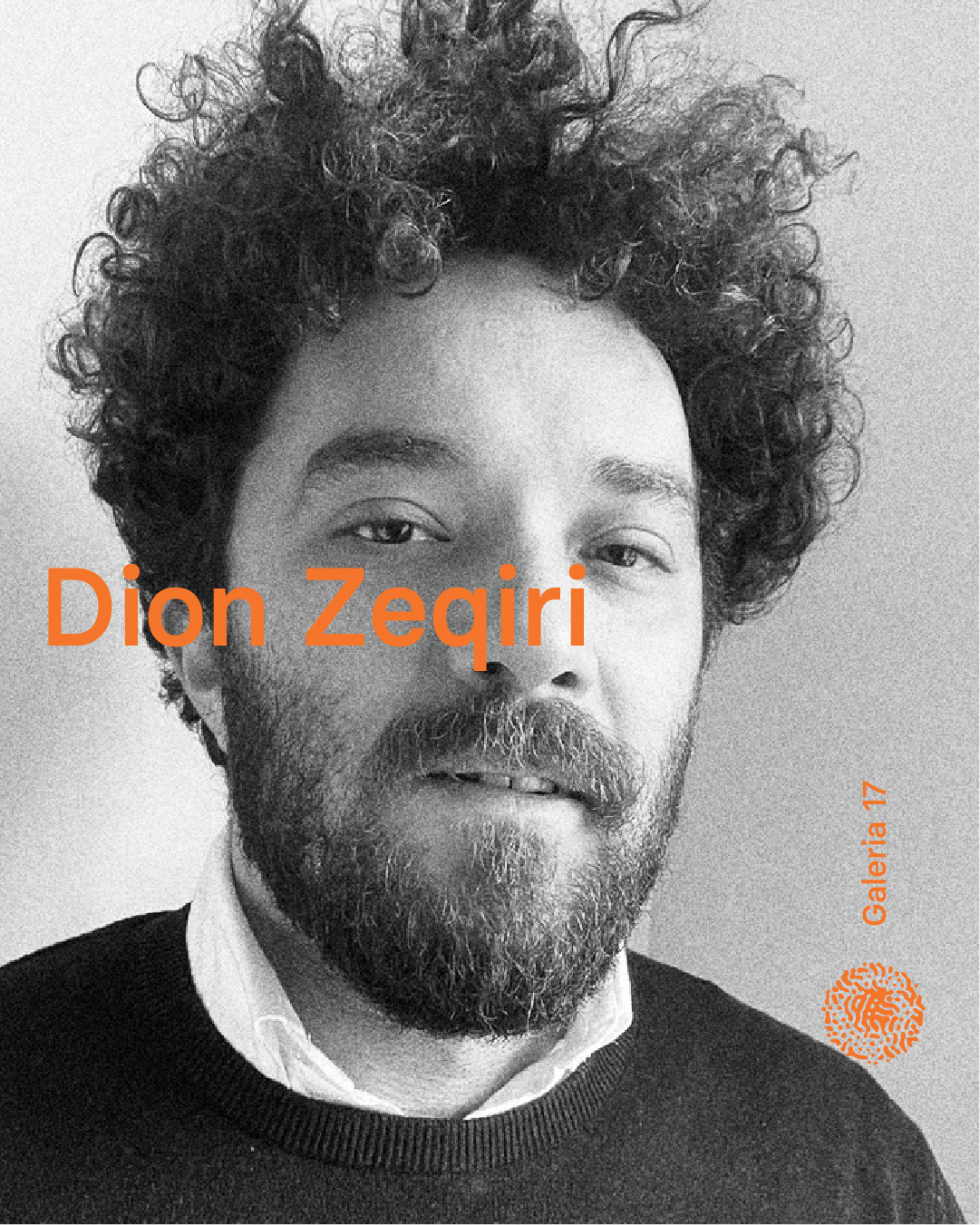This work invites viewers to experience a journey into the unseen, unacknowledged worlds that live within and around us—the microworlds of bacteria. Though they are essential to life, these microorganisms often exist in the shadows of our awareness, obscured by societal fears and the limitations of our senses. How can we connect with what we cannot see, touch, or hear? How do we relate to a world we instinctively fear? In this work, Dion Zeqiri confronts these questions, breaking down the barriers between us and the microscopic worlds that sustain us. Through sculptures, installations, and visual works, Zeqiri renders visible the bacteria that populate our bodies and our food, inviting us to engage with these organisms on an emotional and philosophical level. He transforms the abstract and invisible into something tangible, offering a chance to explore the interdependence between the human body and the unseen forces that shape it.
In the center is the experiment, a 19-day culinary and biological journey. Every day, at the same time, the artist prepared and consumed the same recipe. Through collaboration with a microbiology institute, Zeqiri analyzed the bacterial composition of the food products he consumed, as well as the changes within his own body. These bacterial cultures were then cultivated on nutrient agar, and from them, the artist created sculptures that show the transformation of living and non-living entities. How do we define life and death? Zeqiri challenges the notion that the consumption of food—whether meat, fruit, or vegetables—marks the end of life for one organism to sustain another. Instead, he suggests that life continues, even after death, within the body through the presence of countless microorganisms. These invisible life forms persist, interact, and thrive long after the individual organism is no longer “alive” in the traditional sense. Zeqiri plays with the scale of perception, expanding and distorting proportions to create immersive spaces that disrupt the boundaries between the large and the small, the visible and the invisible – forcing the viewer to confront the presence of bacteria, not as foreign or fearful invaders, but as participants in the cycle of life. Through transparent materials and layers of sculptures reminiscent of microscopic views, the artist captures the nature of these microbial ecosystems.
Something Inside, You were whispering, I didn’t notice. challenges us to embrace the microorganisms that live within and alongside us. By visualizing these hidden entities, Zeqiri asks us to reconsider our relationship with the unseen, and in doing so, he reshapes our understanding of the connection between all living beings, no matter how small. In Zeqiri’s hands, the invisible becomes visible, forcing us to connect with the life forms that both sustain and define our own existence. This work is a meditation on life, death, and the unseen forces that bridge the two.
Dion Zeqiri was born in Prishtinë, Republic of Kosovo in 1996. From 2015 to 2018 he studied Interior Design at the University of Arts-Pristine. He worked as Graphic Designer from the age 18 as a compiler of creative projects. Zeqiri started to paint at primary school in different styles. After college, he developed his interest in different mediums, such as: installations, sculpture, video recording and found objects (ready-made) as a form of communication. His practices are based on emergency effects in relation to human body and metaphysics. Developing this practice, he emerges subjective aspects with objects that he found. Zeqiris artistic practices are rooted in exploring the intersection of the tangible and intangible, with a focus on the immediate impact of un-seen world on the human body and metaphysical aspects. In the process, he incorporates subjective elements by incorporating found objects. The relationship between objects and memory plays a significant role at his work, guiding the development of his art across various media.
—
The exhibition “In the Making III” is part of the project Art Space Unlimited, which is co-funded by the European Union. This activity is supported by Ministry of Culture, Youth and Sport, Goethe Institute and SMART Balkans.



